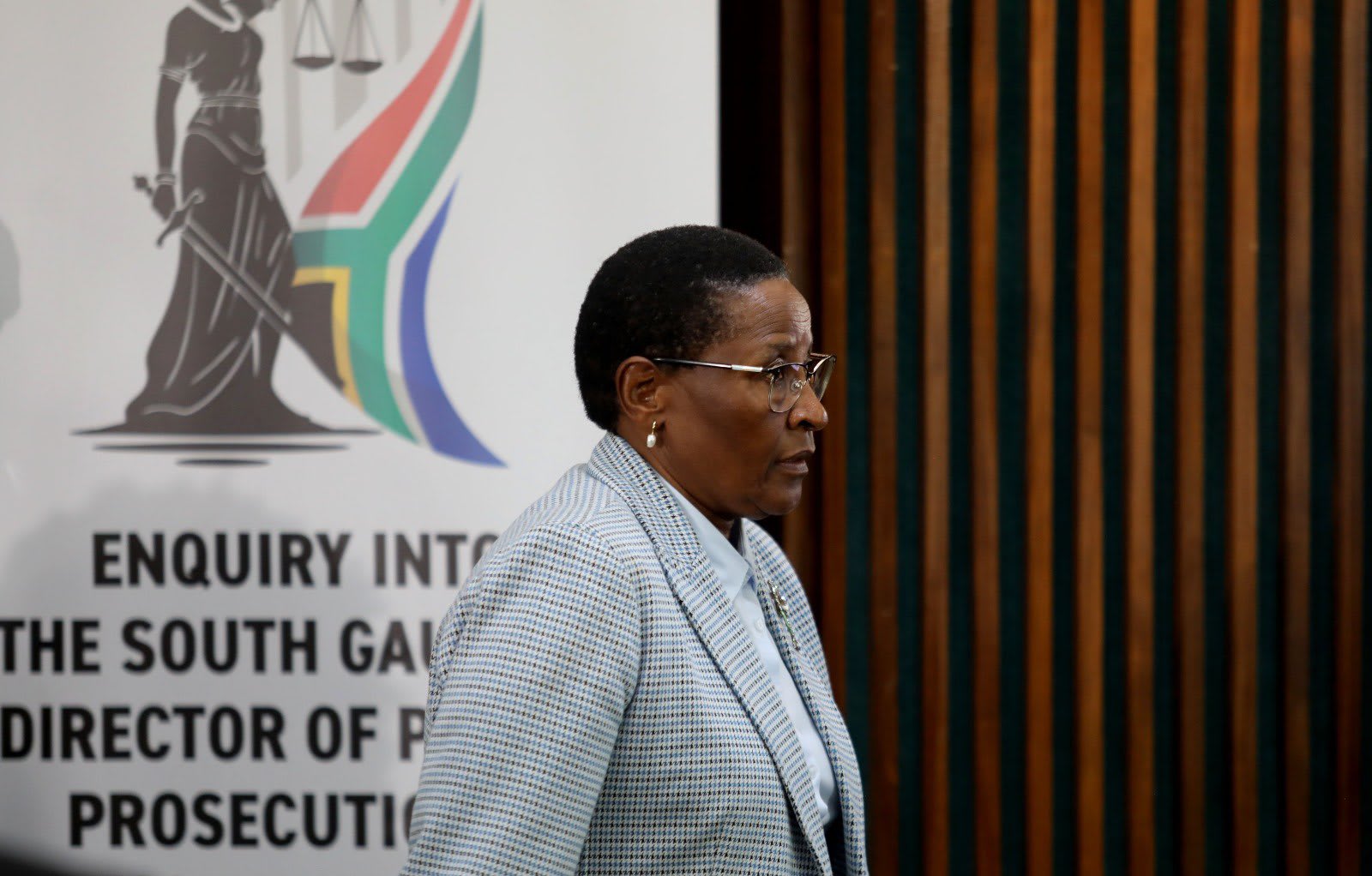Bullying
1Min
South Africa
Nov 2, 2025
NSFAS chair Dr Karen Stander has resigned with immediate effect, citing racism, bullying, and threats to her family’s safety. She described the board environment as toxic and said her decision was an act of conscience. Her exit adds to mounting governance and operational instability at the embattled student funding body.
The National Student Financial Aid Scheme (NSFAS) Board Chairperson Dr Karen Stander has resigned with immediate effect, citing racism, bullying, and threats to her family’s safety.
In her resignation letter to Higher Education Minister Buti Manamela, Stander said the atmosphere within the board had become toxic and unbearable, making it impossible for her to continue in good conscience. She described a culture of intimidation and hostility that had eroded trust and professionalism within the institution.
Stander said the decision to step down was not made lightly. She said she had reflected deeply on the situation and concluded that remaining in her position would compromise her principles and the integrity of the board’s work. “This is not an act of defiance but an act of conscience,” she stated.
She emphasised that her concerns were not personal attacks but issues of governance and accountability. Stander said her communications with the department were always intended to promote transparency, never to vilify individuals. She explained that her exit was necessary to allow for new leadership that might better manage board dynamics and rebuild cohesion.
Appointed earlier this year by former higher education minister Dr Nobuhle Nkabane, Stander had repeatedly raised concerns about systemic weaknesses at NSFAS, particularly in its information and communication systems. She warned that fragmented structures and poor cybersecurity practices posed serious operational risks.
Her resignation comes at a time when NSFAS continues to face criticism over inefficiencies, delayed student payments, and administrative instability. Stander pointed to deeper organisational issues such as poor leadership alignment, a culture of blame, and technological shortcomings as key factors undermining the institution’s effectiveness.
NSFAS has long struggled with internal turmoil, from recurring student protests over funding delays to frequent turnover in executive positions. Stander’s departure adds to growing uncertainty over the scheme’s future and raises questions about its governance and capacity to fulfil its core mandate of supporting students from disadvantaged backgrounds.
The Department of Higher Education and Training is yet to announce her successor. However, with student funding for 2026 already on the horizon, the department faces pressure to stabilise NSFAS, restore public confidence, and ensure that future operations run smoothly without further disruption.



















